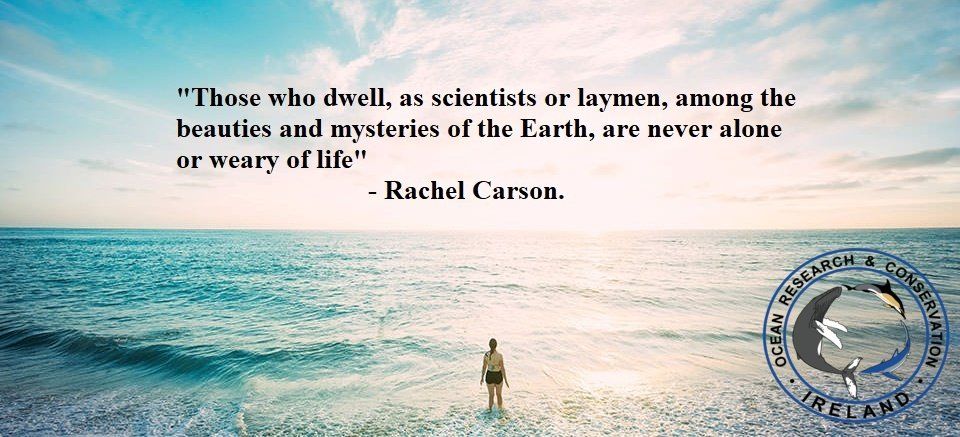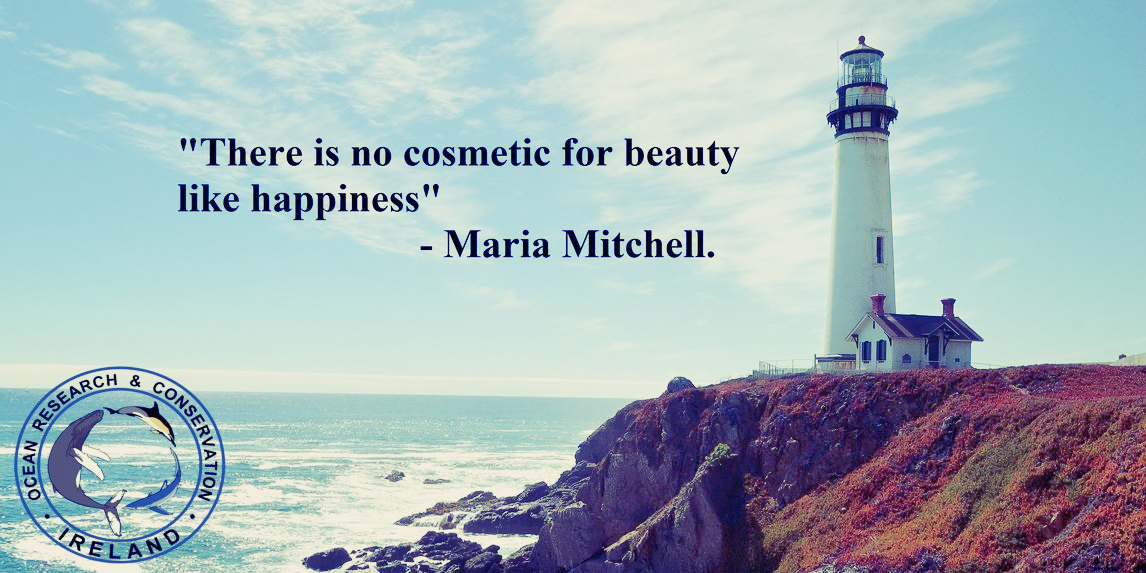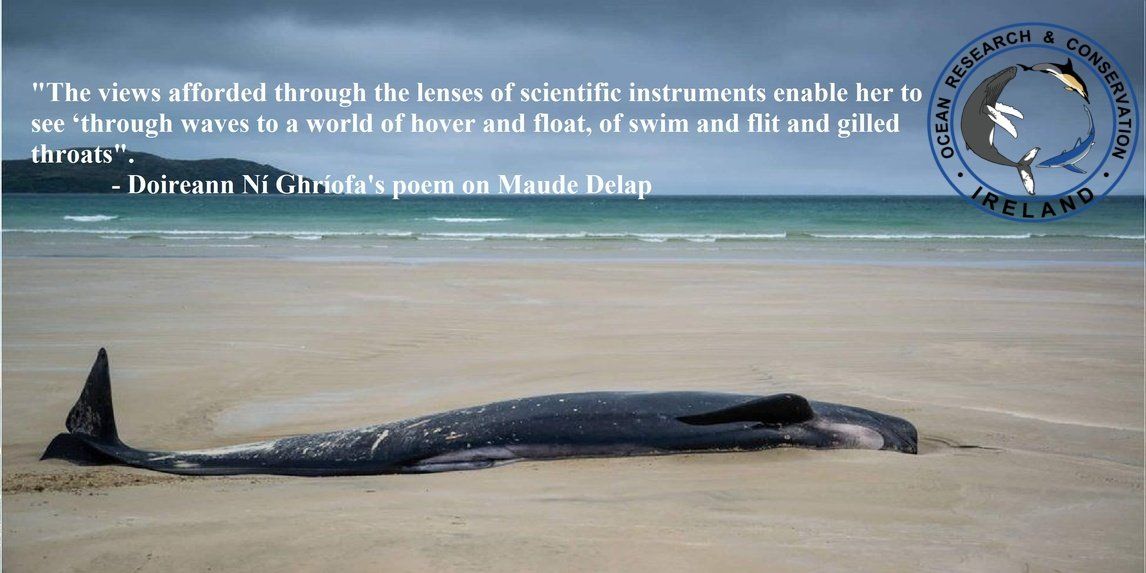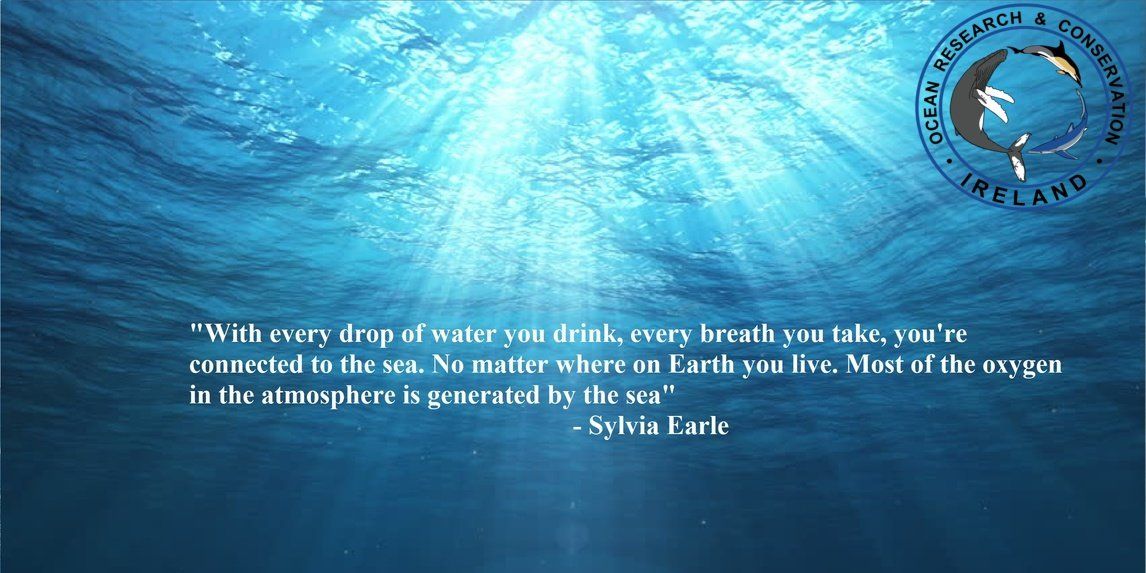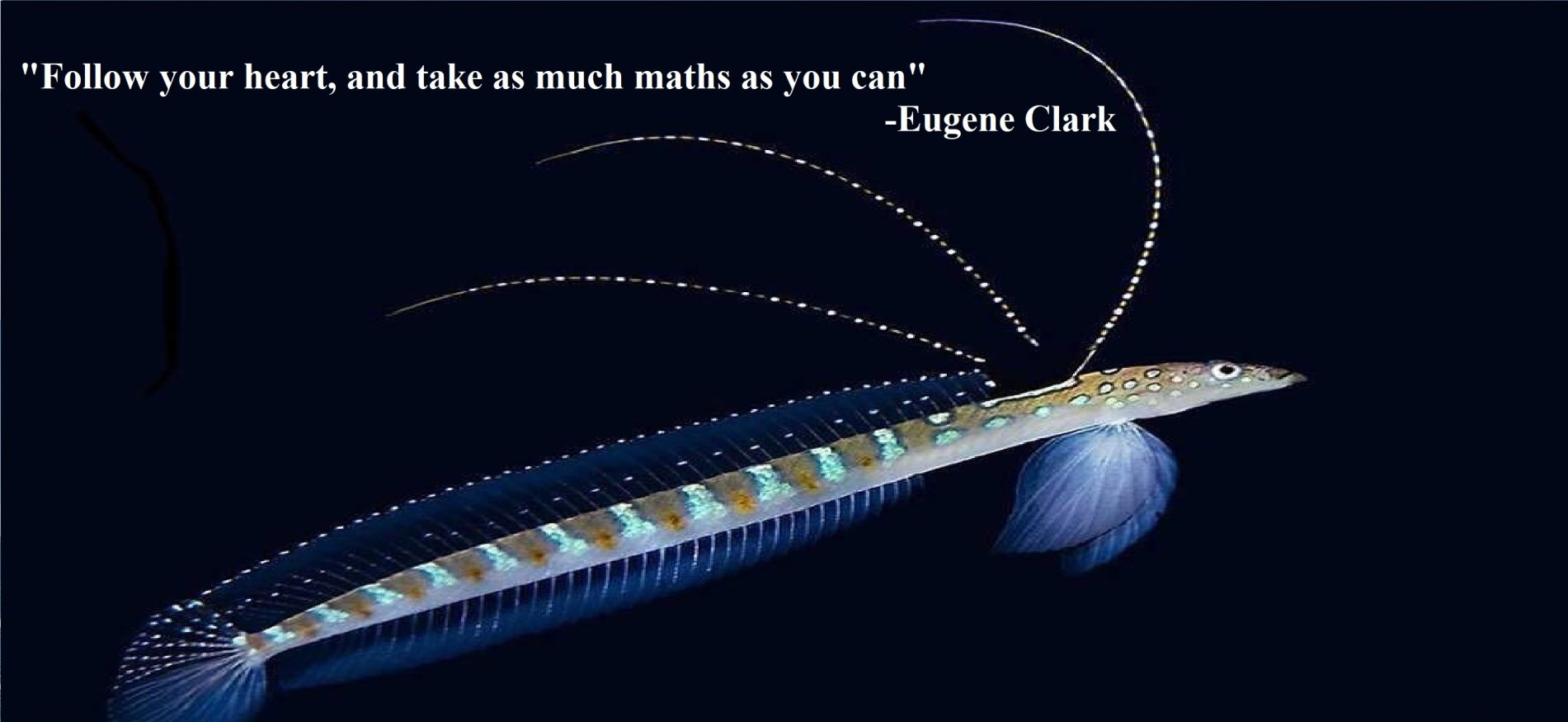Five Inspiring Quotes by the World's most Renowned Female Marine Scientists.
Today is INTERNATIONAL DAY OF WOMEN IN SCIENCE and to celebrate we have compiled a list of famous quotes by female Marine Biologists, Oceanographers and Naturalists from past to present!
Rachel Carson is one of the most celebrated environmental writers of the 20th century, and is renowned for her advancement of the environmental movement and the creation of the U.S. Environmental Protection Agency. Trained as a marine biologist, with a scientific background, Carson was a "trailblazer" in advocacy for ecological conservation, and helped to inspire fascination about the natural word and the interconnectedness of life. Carson was one of the first marine scientists to question the long-term consequences of humanity’s invasion into the natural world. Many obstacles were met by Carson during her career, including critics that dismissed her theories and claimed she was crazy to blame the use of pesticides in agriculture for damage to the ecosystem in Silent Spring . Being an intelligent woman in the 1950's world of science, despite her gender status, she prevailed through the challenges with scientific literature and environmental advocacy.
Maria Mitchell was a pioneer for marine navigation and feminism, becoming the first woman-elected Fellow of the American Academy of Arts and Sciences in 1848. Maria grew up on the Island of Nantucket, loved astronomy and was entrusted to conduct complex navigational calculations for whaling trips as a young teen of only 14. In 1847, she discovered a comet which was later named after her: "Mitchell's Comet" and throughout her lifetime she continued her research on the stars while also assisting sailors with navigation at sea for the U.S. Nautical Almanac Office. Mitchell was eventually hired as a full time professor at Vassar College, where she led a movement for "equal pay for equal work", after the realisation that her male colleagues were receiving a higher salary for the same position. Mitchell became a strong role model for female adventurer's through her curiosity for the natural world and strong will to succeed.
Maude Delap, who died in 1953, was a self-taught marine biologist from Valentia Island, Co. Kerry, Ireland, who received international acclaim for her work, including her studies of the life cycle of jellyfish. She has a rare anemone named after her, ( Edwardsia delapiae). A paper that she published in the Irish Naturalist
Journal
in 1901 documented her cultivation of the compass jellyfish ( Chrysaora isosceles)
after she found one in Valentia harbour in June, 1899. She kept an aquarium in her home, and her study of the compass jellyfish was regarded as ground-breaking, as there was little research into or understanding of its life cycle at the time.Maude began conducting her own experiments on rearing jellyfish which would lead to major contributions to the understanding of the life cycles of these invertebrates. She was the first person to get them to breed successfully in captivity and wrote a series of influential articles, all authored under her own name, something quite unusual for a woman at the time.She was also responsible for record keeping of stranded whale's and dolphins along the south-west coast of Ireland and one day she discovered a rarely sighted True's beaked whale ( Mesoplodin mirus),
of which she sent the head and flippers to the National History Museum and buried the rest of the carcass for later examination. It wasn't until years later when she dug the carcass up, she could not find vestigial pelvic bones, although she searched relentlessly, until a letter from the National History Museum came to say that the New York Museum confirmed that True's beaked whales lacked these ancestral remnants of hind legs. Delap's contribution to marine science informed an understanding of the oceans which is crucial in tackling conservation and management of oceans at a time of global warming, pollution and destruction of marine habitats.
Dr. Sylvia Earle was constantly inspired by her surrounding natural environment growing up. As a teenager, at the age of 16, she was driven by a desire to explore underwater mysteries and attempted her first dive, before the creation of SCUBA, with a diving helmet.Nearly 28 years later, Earle became the first ever woman to walk along the seafloor, at a depth of 1,500 feet below the surface. Earle completed her famous two-hour seafloor walk in a pressurized metal JIM suit. Later, she was responsible for leading the first all-women team to live in an underwater habitat for two weeks on the Tektite Project. As a female biologist during a time of “bearded scientists,” it was evident that female leadership in ocean sciences was unheard of. She earned universal respect from the scientific community and made it possible for women to remain at the forefront of the ocean exploration movement. To date she has logged 60 expeditions , more than 7,000 hours beneath the waves, reaching depths that has set, and continues to set, a standard for male and female scientists across the world.
Eugenie Clark grew up spending her weekends at the aquarium. Her father died when she was two, so her mother had to get creative with babysitting. When Clark was around nine years old, her mother would drop her off at the New York Aquarium before heading to work at a newspaper stand. Wandering around the old aquarium, Clark developed a love for all things ocean and wished that she could swim with the sharks in the glass tanks.As an adult, she brought this dream to life and conducted 72 submersible dives and countless more using Scuba gear, where she studied marine life, including sharks. She was one of the only ichthyologists, or fish biologists, of her time to study living specimens in this way. Clark discovered several fish species, among them the Red Sea sand diver ( Trichonotus nikii ), named after her son Nikolas, and the Red Sea Moses sole ( Pardachirus marmoratus ), which produces a natural shark repellent.
SHARE THIS ARTICLE







